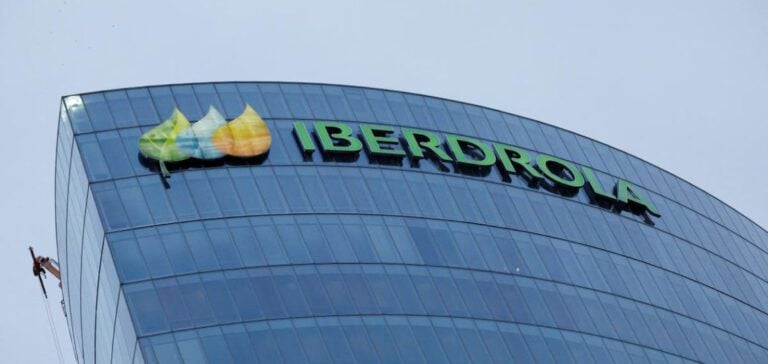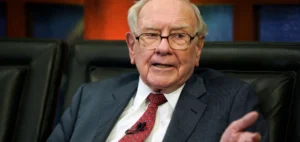Spanish group Iberdrola saw its first-quarter profit soar by 85% year-on-year to €2.76 billion, compared with €1.48 billion in the first quarter of 2023. This significant increase is largely attributable to the sale to the Mexican state of 13 power plants owned by Iberdrola in Mexico, concluded after a long tug-of-war with the Mexican government. This transaction, finalized on February 26, made “an extraordinary contribution of 1.16 billion euros” to net income, as stated by Iberdrola in its press release.
Business environment and results excluding divestments
Without this exceptional contribution, Iberdrola’s net profit would have reached 1.59 billion euros, representing a 7% increase over the first quarter of 2023. These results came despite a sharp drop in the company’s sales to 12.68 billion euros, down 18% on the previous year (15.46 billion), against a backdrop of falling electricity prices in its main markets. This figure is also lower than the forecasts of analysts surveyed by Factset, who were expecting average sales of 13.8 billion euros.
Future investments and strategic optimism
Despite these challenges, Iberdrola is optimistic about 2024, not least because of increased investment, which should boost electricity production and profitability. At the end of March, the Group announced planned investments of some 41 billion euros between 2024 and 2026, mainly in the United States (35%), the United Kingdom (24%) and the Iberian Peninsula (15%). These investments will be partly financed by the sale of the 13 Mexican power plants, which will bring in a total of 6.2 billion euros.
So, despite falling sales and tensions with the Spanish government over the perpetuation of an income tax, Iberdrola remains on course for 2024 thanks to strategic asset management and targeted investments.






















